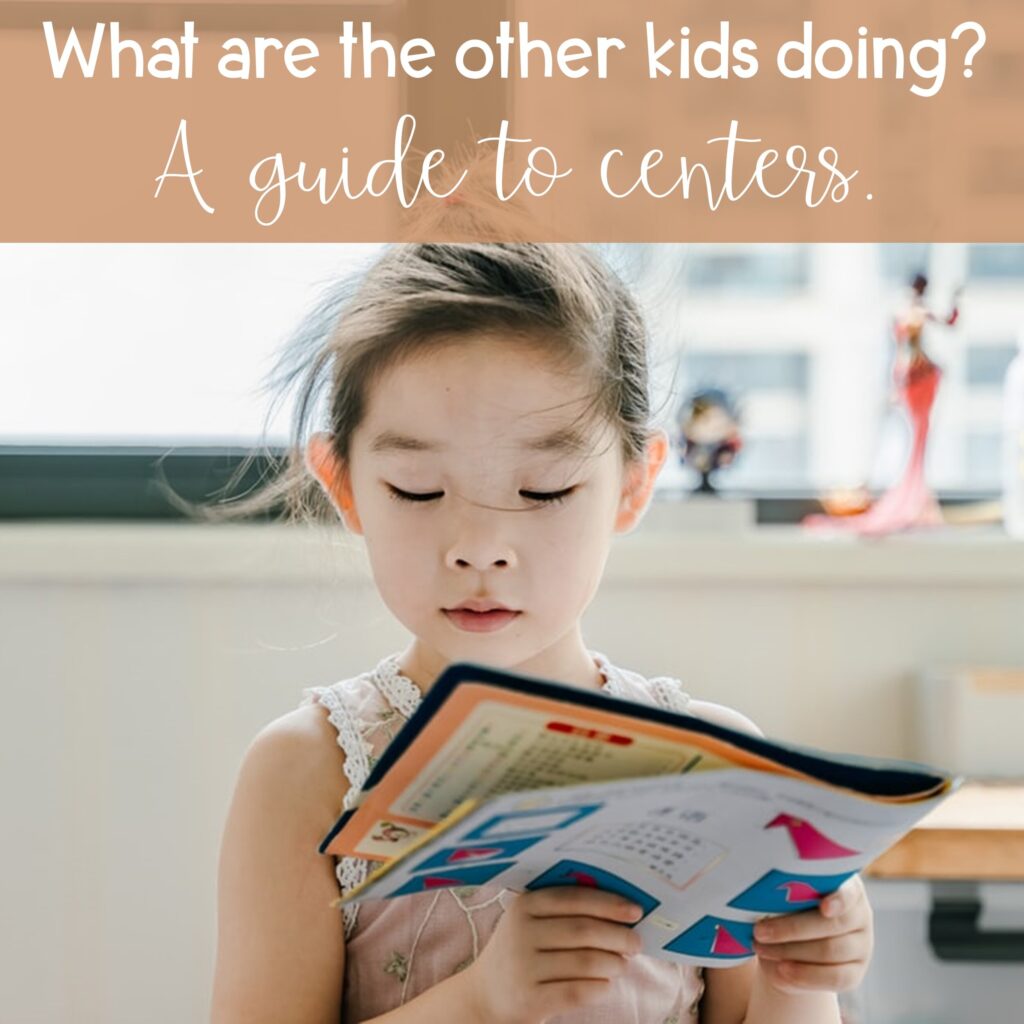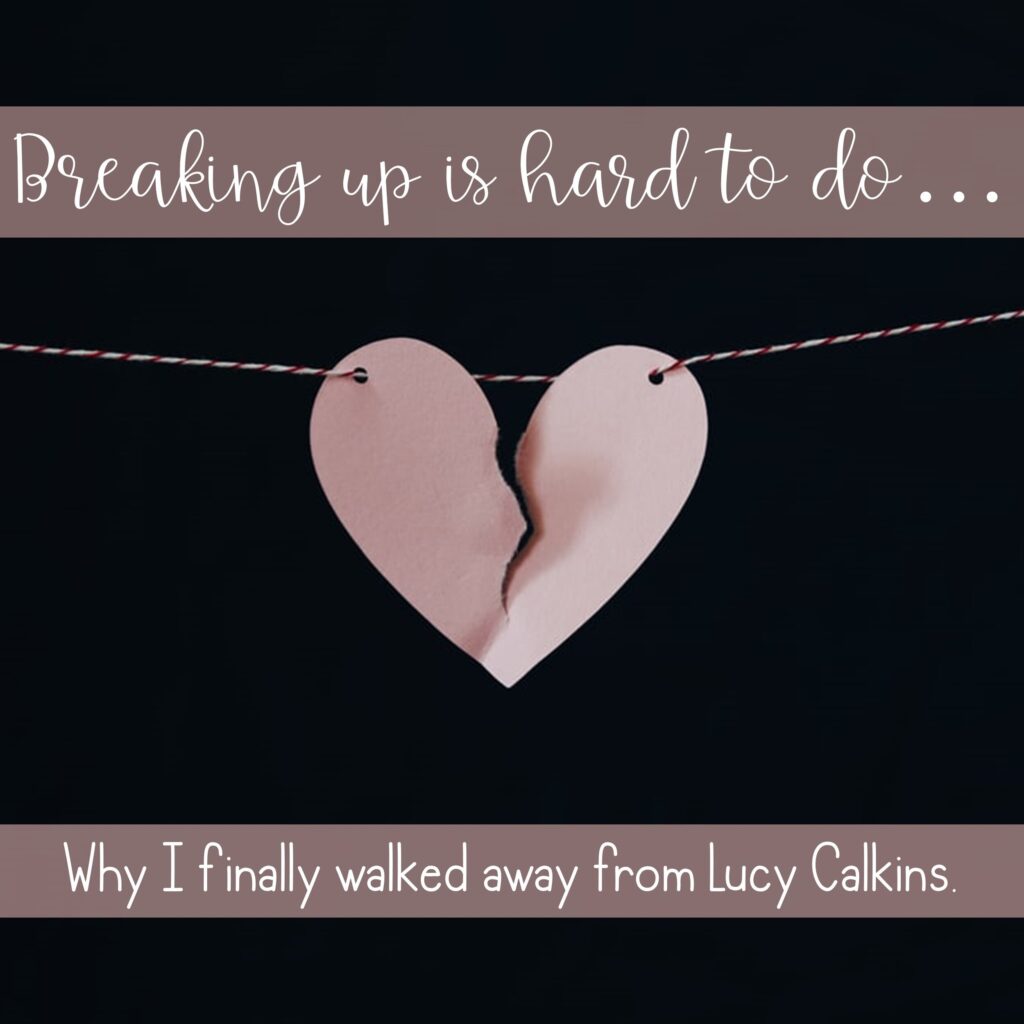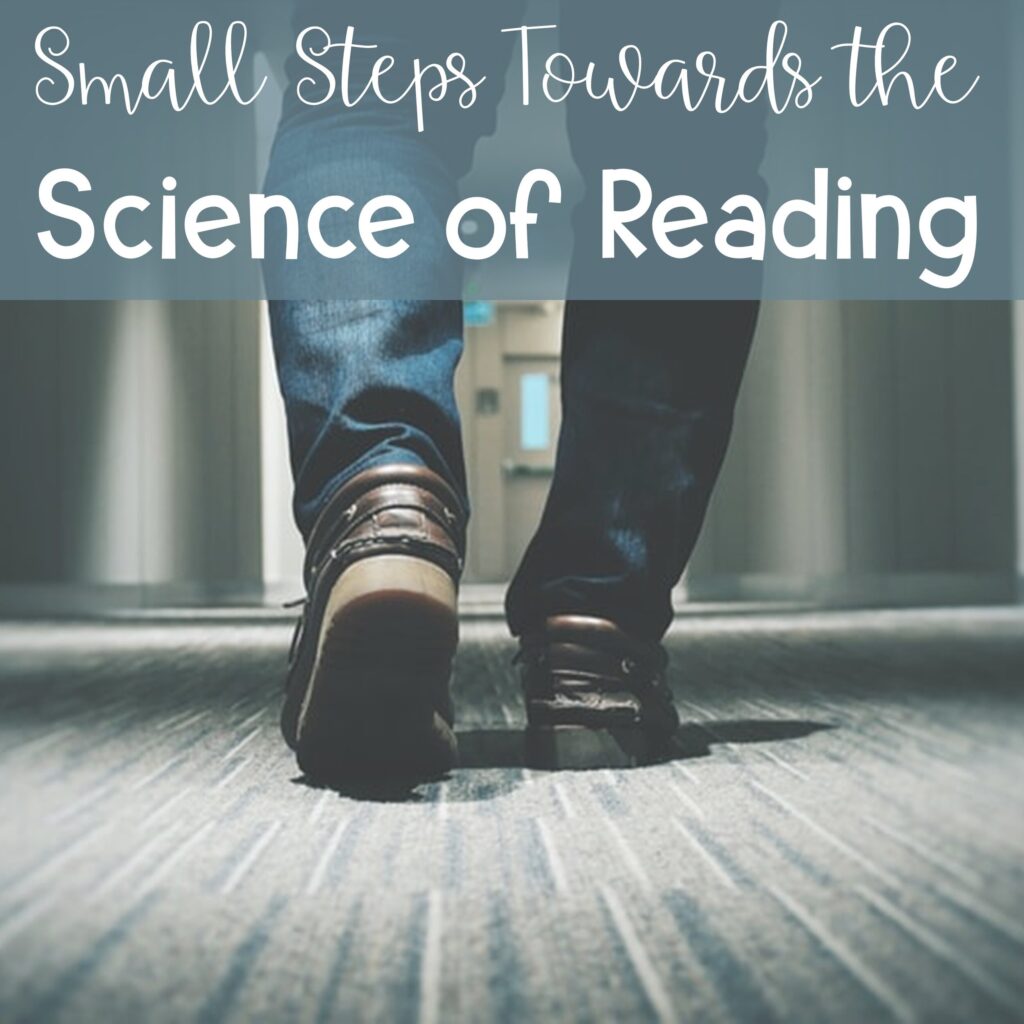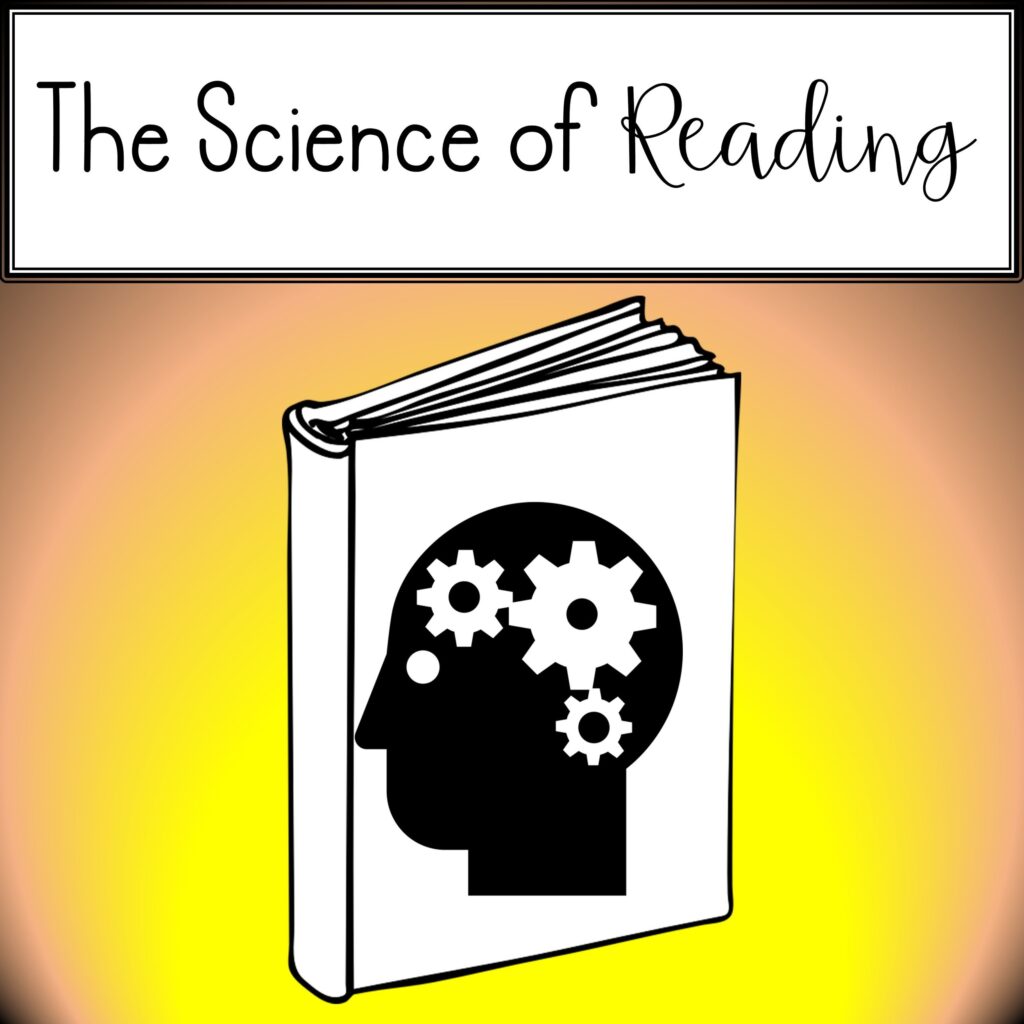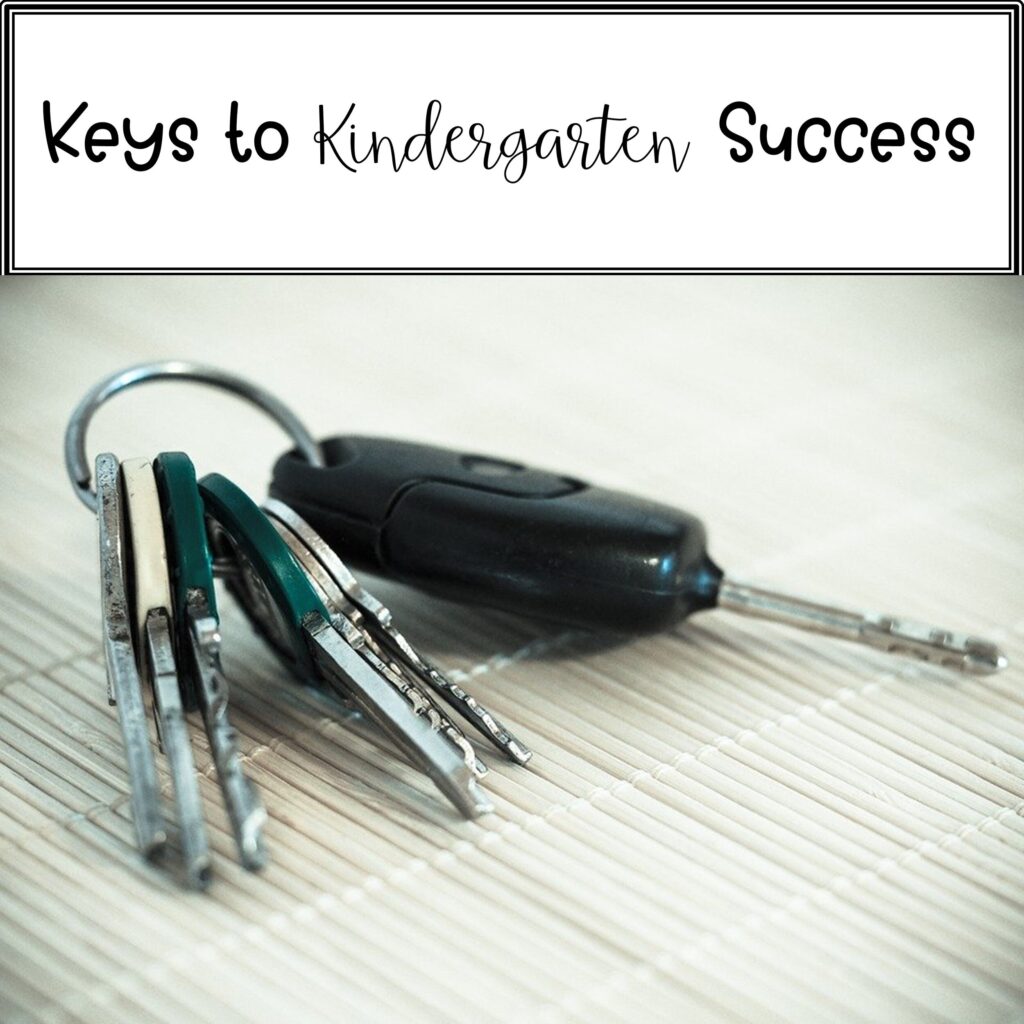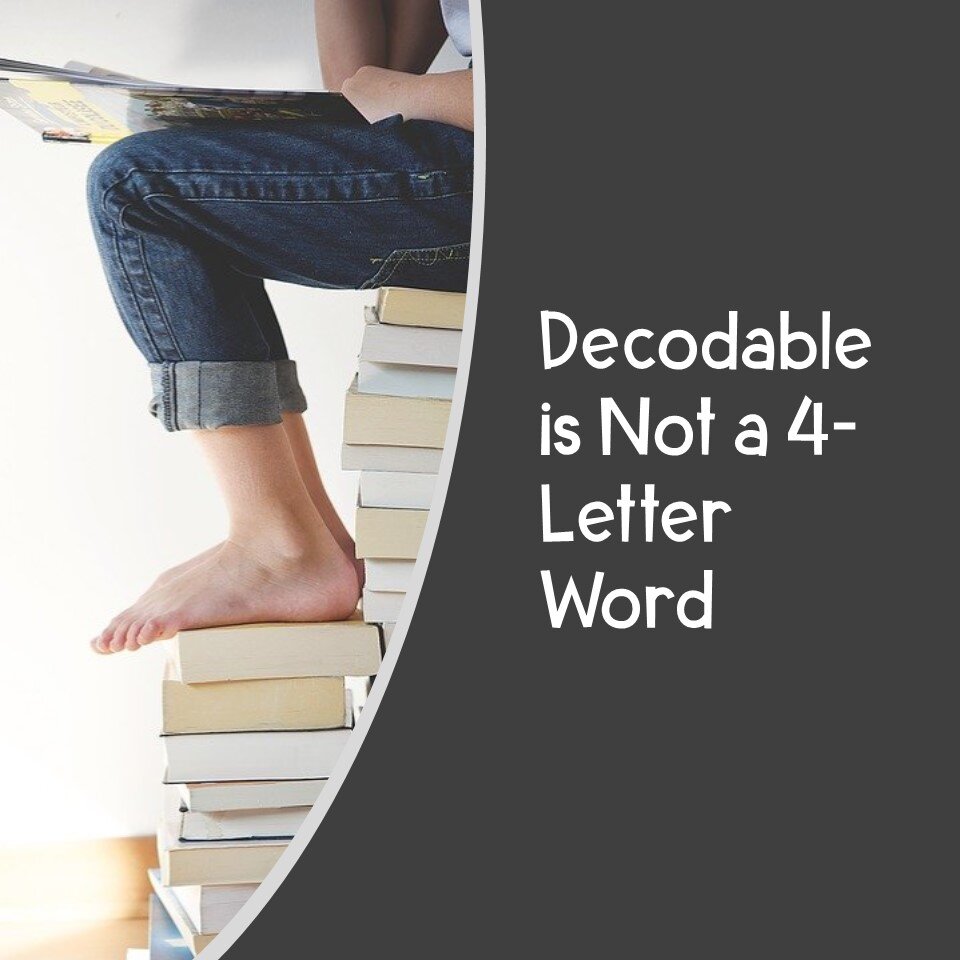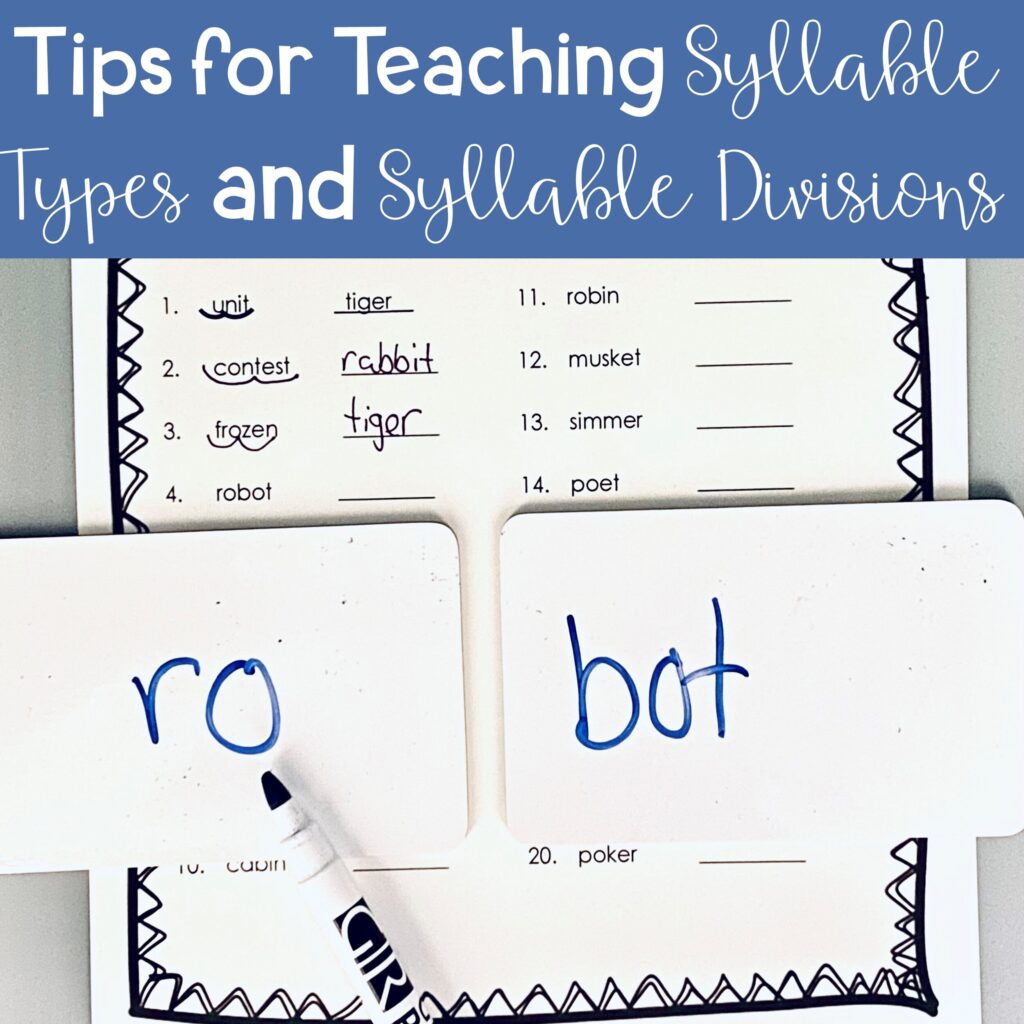
- Phonics
I was 27 years old with 2 master’s degrees before I knew the 6 syllable types in English. If I made it that far without knowing them, you’d think it can’t actually matter, right? The reality is, though, that I was one of those children lucky enough that learning to read seemed effortless. Reading has never been a struggle for


